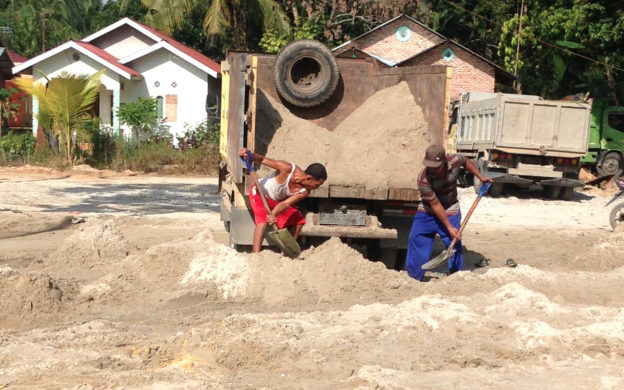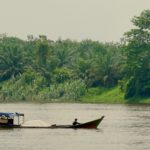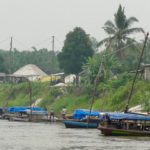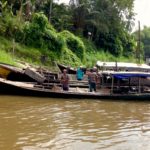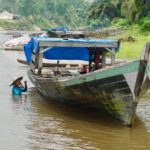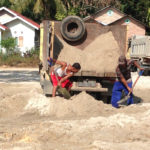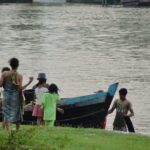It’s hard to overestimate the positive impact of sports on young people. Sport impacts youth cognitively, emotionally, socially, and physically. Through participation on a safe and healthy team, youth learn life skills and develop character traits that will assist them when dealing with challenging seasons of life in an urban environment. Over many months, team members also grow in decision-making skills, goal setting, self-confidence, and leadership.
SEEDs members in Bangkok continue to invest in local leaders and local initiatives which will develop youth through sports. Over the past several months the local futsal network, that SEEDS organized several years ago, has seen an increase in participation and optimism among coaches. Although the heart of sports training happens on the local futsal pitch, the wider network is an important place for training in larger groups, for strengthening inter-neighborhood relationships, and for building excitement among teams.
Recently the futsal network organized its fourth annual futsal league. Six neighborhoods contributed their assets of people, places, relationships, and skills to make the league possible without charging fees or using foreign funding.
During the two-month futsal league, boys kicked out 30 action-packed matches in two age divisions using a double round-robin format. The coaches’ network chose to play on existing futsal pitches in each participating neighborhood to enhance the relationship-building effect of visiting the home team’s area. Nevertheless, the first and last round of the league was played at a common field so that government officials, religious leaders, and parents could all participate in the open and closing ceremonies. Some gave speeches, others helped hand out trophies, and still others posed with the youth for a large group photo.
SEEDS members and the coaches’ network all look forward to the next phases of developing youth through sports.




